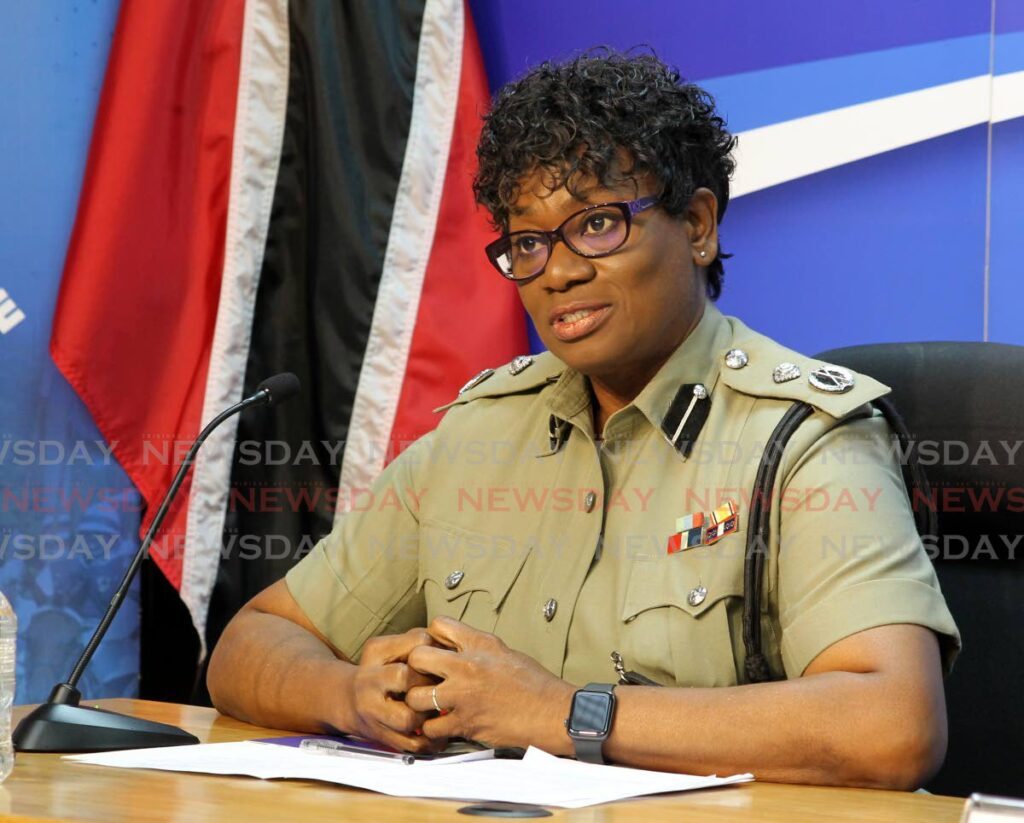Look again at anti-gang law

LEGISLATION is the last thing anybody wants to hear about now. The country is in a state of emergency. Murders reached an all-time high in 2024. Our prisons are filled.
Laws are one thing, but when last did you hear of anybody being convicted of killings?
However, Commissioner of Police Erla Harewood-Christopher’s recent statement about the failure of the police to improve their detection rate as it relates to gangs should be carefully considered.
In her New Year’s Day message, the top cop said, “The high evidential threshold that currently exists for the laying of gang-related charges has operated to undermine our efforts to improve our detection rate.”
But what is meant by this?
To which specific offences under the legislative framework does the commissioner refer? Which constitutional elements of those offences have been problematic?
Is the issue really the standard of proof required? Or is it the fact that the formulations in the law are simply too complicated to be made out? How would the commissioner prefer these laws to be drafted?
And what about other laws that have nothing to do with gangsterism? What about the detection rate for murders by gangsters?
The country deserves answers, not the least because of the hand the police reportedly had in the declaration of the emergency.
Since that declaration was made on December 30, too many opportunities to send a clear, cogent and compelling message about the ongoing exercise have been squandered. Even as citizens have been asked to give up their rights, officials have played coy when it comes to revealing what led to the declaration.
At the government’s first press conference on the matter, ministers Stuart Young and Fitzgerald Hinds did not even appear to be on the same page, with one emphasising a specific gang threat and the other homicide figures.
Ms Harewood-Christopher’s 35-minute briefing a day later added little beyond the operational. Even so, uncertainties linger about the role of soldiers and the possibility of a gun amnesty.
The top cop’s pointing to the law raises the question of whether the emergency is simply a way of getting around legal requirements. If so, it is destined to be a mere plaster on a situation demanding long-term change.
Officials must take full advantage of the upcoming Parliament sitting that is to be held to debate the statement of reasons issued by President’s House.
The setting will be more than appropriate.
Nobody wants to hear about legislation these days, especially with our divided House of Representatives.
Yet whether we want to admit it or not, two states of emergency have now been called because of the abject failure of our legislative framework to adequately address this decades-old problem.

Comments
"Look again at anti-gang law"